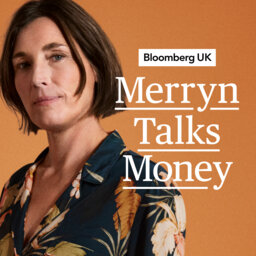In 2021, Jeremy Grantham was telling anyone who would listen that global asset markets were in one of the biggest bubbles of all time—and that a reckoning was coming. That reckoning, he says, began the next year.
The co-founder of GMO LLC says that, while this reckoning recently took a break, it’s now back with a vengeance. Grantham joins this week’s episode of Merryn Talks Money to make the case that—as a result—no one should be invested in the US. In particular, he warns of the Russell 2000, with its high level of zombie companies and horrible debt levels. He calls it “the most vulnerable area” to rising rates.
In 1 playlist(s)
Merryn Talks Money
Merryn Talks Money with Bloomberg senior columnist Merryn Somerset Webb is your key to understanding…Social links
Follow podcast
Recent clips

Modern Monetary Theory: Free Money or Fiscal Fantasy?
27:08

Markets Weekly: AI Sparks Market Rotation, UK Political Risk, and the Pensions Property Debate
18:08

What Reform Plans to Do If It Takes Over the UK with Richard Tice
21:30
 Merryn Talks Money
Merryn Talks Money